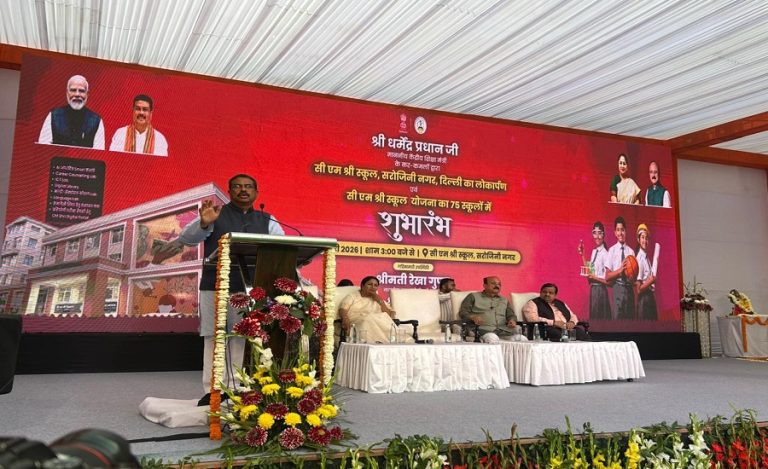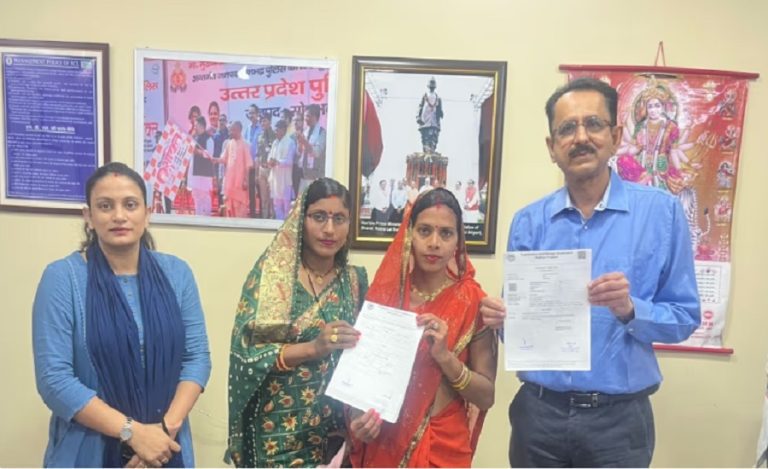Lucknow: In a landmark judgment delivered recently, the Special SC/ST Court, Lucknow held that the filing of false cases under the Scheduled Castes and Scheduled Tribes (Prevention of Atrocities) Act, 1989 (SC/ST Act) is a grave misuse of law and must be dealt with strongly. Advocate Parmanand Gupta was sentenced to 12 years in prison and fined ₹45,000 for orchestrating multiple fabricated FIRs under this Act.
This verdict sends a stern message: protective laws cannot become tools for extortion or harassment.
Background of the SC/ST Act
The SC/ST Act was created in 1989 to protect Scheduled Castes (SC) and Scheduled Tribes (ST) from discrimination and atrocities.
However, over the years there have been concerns that some complainants misuse these protections for personal vendetta or financial gain.
In the present case, the court found that Gupta and his associate, Pooja Rawat, filed 11 false FIRs under the SC/ST Act using names of SC persons to target innocent individuals and claim government compensation.
One such FIR alleged assault, but the investigation revealed no such incident had occurred.
Details of the Court Order
The court held that Gupta’s conduct constituted a serious misuse of law and a betrayal of the justice system.
Sentence: 12 years imprisonment + fine ₹45,000.
Findings: Multiple bogus FIRs using names of SC individuals; false allegations of assault and chain-snatching, none of which were found to be true after investigation.
The court observed that such misuse not only robs genuine victims of their rightful redress, but also damages the credibility of the entire protective framework.
It emphasised that registering an FIR under the SC/ST Act does not automatically trigger compensation or relief without proper investigation, chargesheet and prima facie evidence. (Similar to an earlier judgment)
Importance of This Ruling on Fake SC/ST Act Cases
1. Strengthening the Law’s Credibility – When statutes meant to protect marginalised communities are misused, it weakens genuine claims. This ruling helps restore faith.
2. Deterrence – A 12-year term sends a strong message to those who might treat the law as a shortcut for vendetta or profiteering.
3. Clarifying Procedure – The judgment reinforces that mere FIR registration isn’t enough for relief or compensation under the Act; proper investigation and chargesheet are essential.
4. Protecting All Parties – Both innocent persons wrongly accused and genuine victims benefit when the law is applied carefully and correctly.
5. Public Awareness – Such rulings generate coverage and discussion, which helps increase awareness about correct usage of the SC/ST Act, reducing fear of misapplication among genuine claimants.
Wider Context – Trends & Concern
- Judgments in recent years have flagged misuse of the SC/ST Act. For example, the Kerala High Court stated that “misuse of the provisions … by litigants harbouring evil or wicked intentions or acting out of spite is a menace”.
- An earlier case in Uttar Pradesh saw a woman sentenced to 3.5 years for filing a false FIR under the SC/ST Act, with the court noting that compensation or relief should follow chargesheeting and prima facie findings.
- Experts have pointed out that while genuine atrocities continue and must be addressed robustly, a balance must be maintained so the law doesn’t turn into a tool of harassment.
Fake SC/ST Act Cases: What the Public & Stakeholders Should Know
For Potential Complainants: Ensure you have a valid basis for filing under the SC/ST Act. False claims can now lead to harsh penalties.
For Legal Practitioners: This judgment underscores the responsibility of lawyers and litigants to use the Act in line with its protective purpose, not as a tool for leverage.
For Law Enforcement & Investigators: FIR registration should be followed by serious investigation; determine whether prima facie case exists before triggering relief or compensation.
For General Public: Understand that the SC/ST Act is vital protection for marginalised communities, but misuse hurts both justice and social trust. Awareness matters.




























